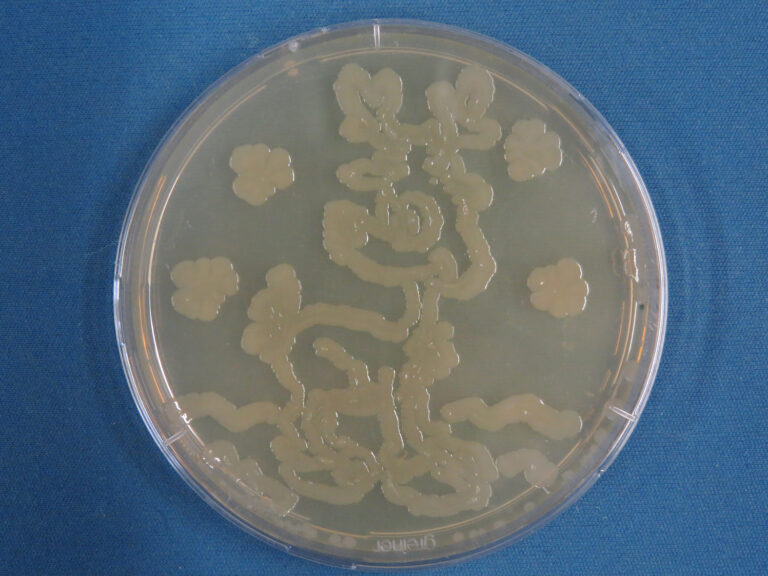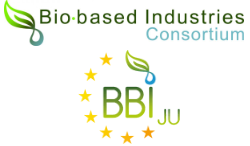Author: Mattijs Julsing, Wageningen Food & Biobased Research
Microorganisms are the invisible heroes of biotechnology. Normally, society has a negative attitude towards microorganisms, as they are often associated with pathogenic properties. In fact, however, most microorganisms play a beneficial role for the entire ecosystem, and they do so in biotechnological approaches such as enzymatic plastic recycling.
ENZYCLE exploits two microbial hosts for the production of plastic degrading enzymes. In one of our previous blog posts (Can Escherichia coli, the working horse of biotechnology, get us out of plastic wastage?) we presented the bacterial Escherichia coli platform as used by our partner BOKU.
A yeast for production
Here we present the second platform Pichia pastoris (now renamed Komatagaella phaffii), which is investigated at Wageningen Food & Biobased Research. P. pastoris is a yeast and not a bacterium. The organism has the distinction of being able to grow on methanol as a carbon source, which makes the production process of proteins and enzymes cheaper than sugar-containing media. Targeted introduction of the gene encoding the enzyme to be produced enables enzyme production in the presence of methanol. The production process is designed in two phases: First, we focus on rapid growth, using glycerol as a simple carbon source to produce as much biomass (Pichia cells) as possible. In the second stage, we slow down growth by switching the carbon source to methanol, and the cells can now focus on enzyme production. Since Pichia is a yeast (an eukaryotic organism), the proteins produced are often glycosylated, which can be beneficial for enzyme stability.
Easy to purify
In addition, P. pastoris is able to secrete proteins into the medium outside the cells. This allows for rapid and inexpensive purification (downstream processing). To obtain the enzymes, the cells do not have to be disrupted. Rather, the cells can simply be removed, and the remaining medium containing the enzyme can be used as such. In ENZYCLE, it was shown that PET can be degraded by simply adding Pichia pastoris fermentation broth to a buffer or water containing the plastic particles.
In total, ENZYCLE has two platforms for producing enzymes for plastic degradation. Both do not compete with each other, but the selection of the most suitable host may be based on, for example, enzyme titer, enzyme activity, downstream processing capabilities, or ease of use. At the end of the day, it’s good to have multiple options, and for efficient plastics recycling we need to take advantage of every opportunity that looks promising!




